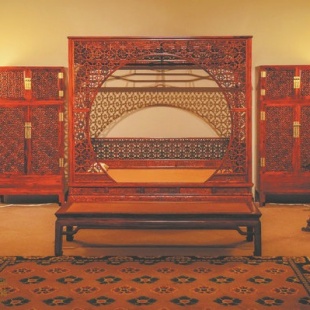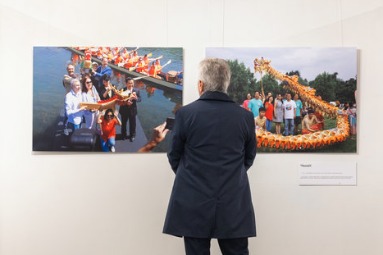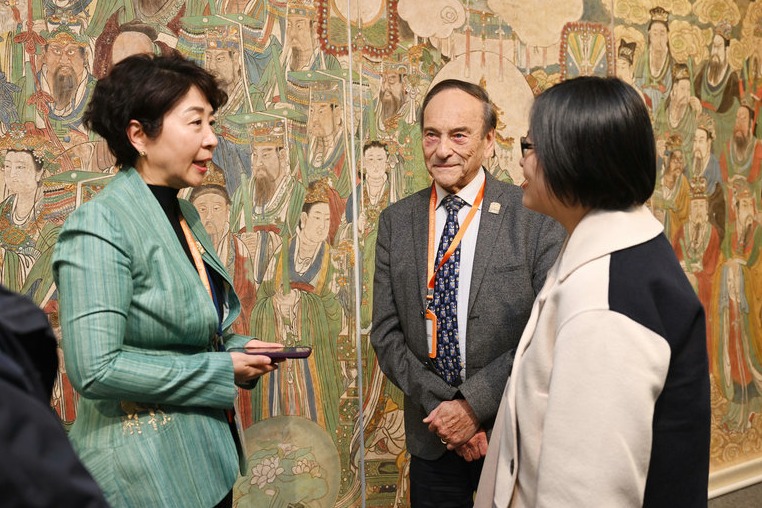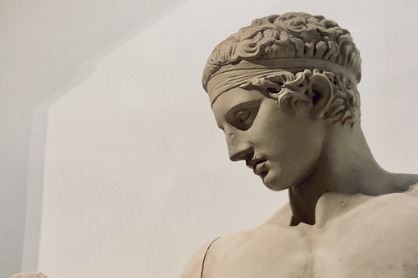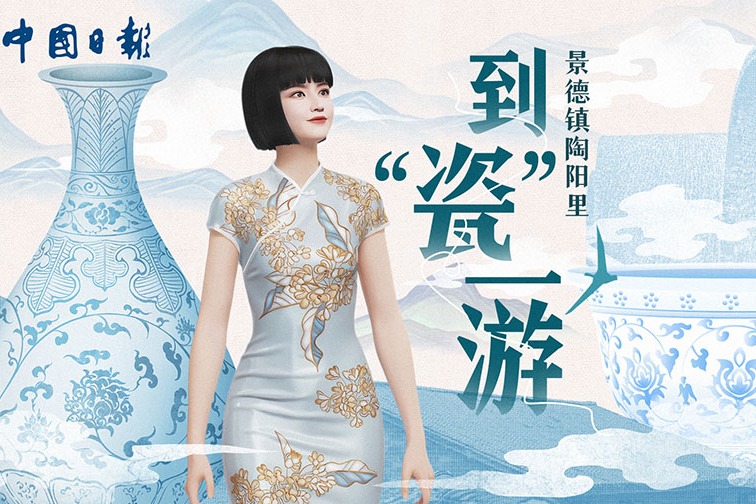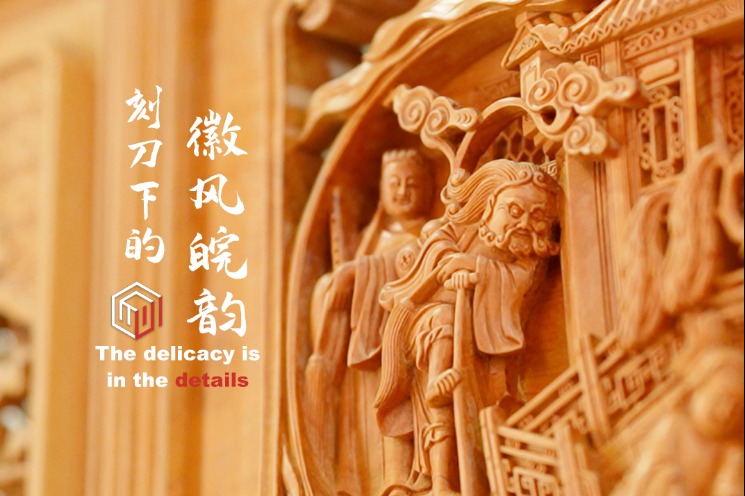The extravagance of simplicity
A seasoned craftsman's 'fever' for classical furniture produces pieces of timeless elegance, Lin Qi reports.

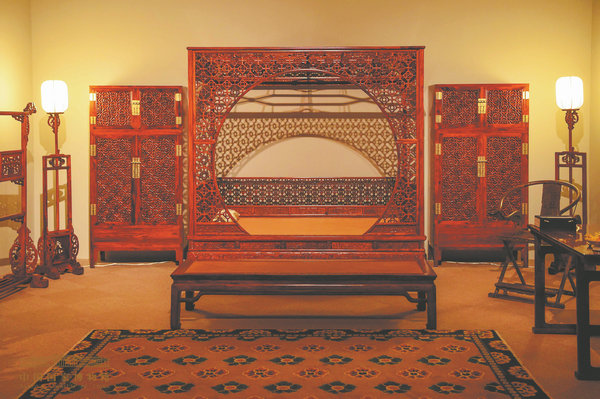
An exhibition celebrating Wu's commitment to classical furniture over the years, Inheriting the Tradition With Craftsmanship, is also being held at the National Museum of China.
Classical Chinese furniture is a three-dimensional expression of underlying values that favor simplicity over extravagance, its lines and curves highlighting the quality and texture of the wood used.
Traditional furniture has been vividly depicted in some of the art collected by museums, such as the 10th-century painting Night Revels of Han Xizai, which is part of the collection of the Palace Museum, in which the beds, chairs, tables and screens are varied in both type and grace.
Ming-style furniture that was popular throughout both the Ming (1368-1644) and the Qing (1644-1911) dynasties is seen as the pinnacle of artistry and furniture workmanship. Its minimalist beauty is grounded in the close collaboration between intellectuals and craftsmen, which lent a sophisticated, scholarly taste to its shapes. Another characteristic is its widespread use of sunmao, the mortise-and-tenon joints used in Chinese architecture to connect without the use of glue or nails.


